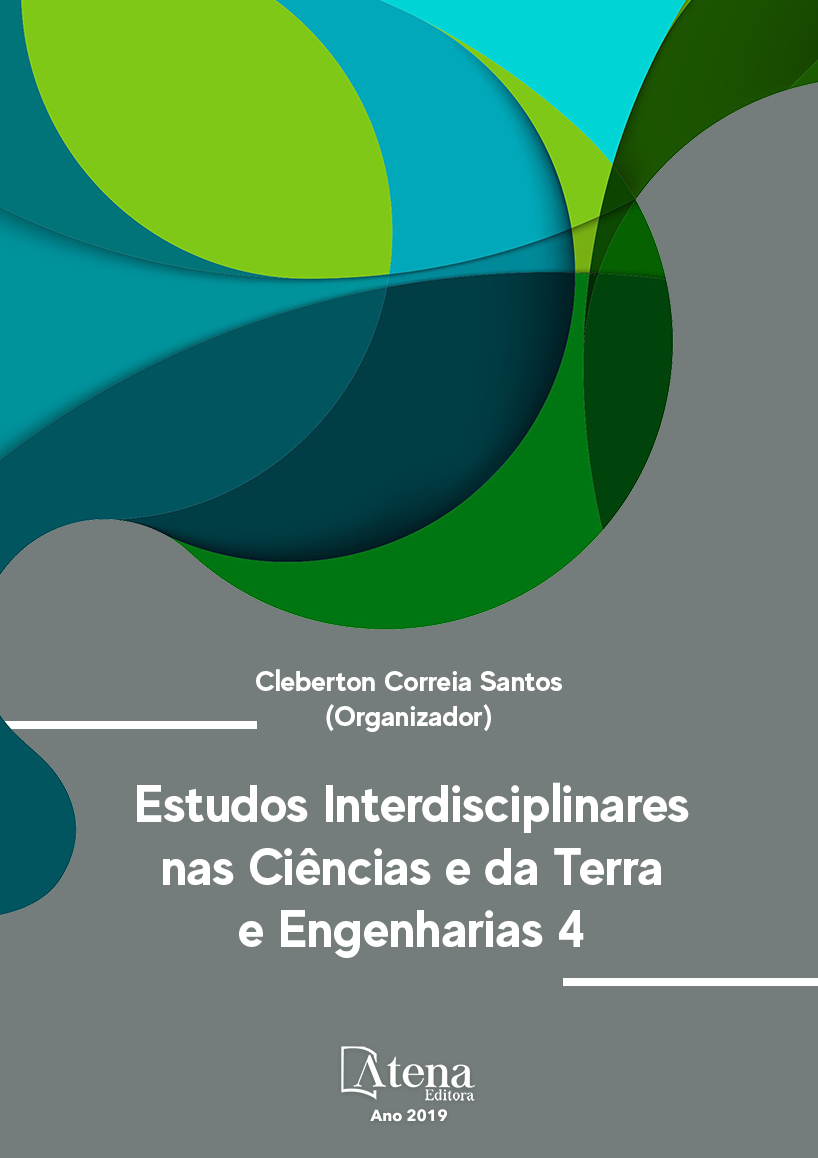
ANÁLISE DA ACELERAÇÃO POR EXTRAPOLAÇÃO DA FONTE DE FISSÃO CONSIDERANDO A TEORIA DE DIFUSÃO DE NEUTRONS EM REATORES NUCLEARES
Este trabalho tem como objetivo
analisar a performance do método de
aceleração da fonte de fissão por estrapolação,
considerando o problema da difusão de
nêutrons em reatores nucleares. Diferentes
métodos foram empregados simultaneamente
com o esquema de aceleração adotado a fim
de resolver o sistema linear de grande porte
resultante do processo de discretização da
equação da difusão de nêutrons pelo do Método
dos Elementos Finitos (MEF) clássico. Tais
métodos foram implementados em linguagem
de programação de alto nível FORTRAN.
O estudo realizado tomou como base os
benchmarks EPRI-9 e Homogeneous Reactor,
ambos reatores bidimensionais modelados
a 2 e 3 grupos de energia, respectivamente.
Os resultados obtidos a partir das simulações
mostram a eficiência do esquema de aceleração
implementado e sugerem um intervalo ainda
mais restrito dentro do qual se encontra o valor
ótimo do parâmetro de aceleração.
ANÁLISE DA ACELERAÇÃO POR EXTRAPOLAÇÃO DA FONTE DE FISSÃO CONSIDERANDO A TEORIA DE DIFUSÃO DE NEUTRONS EM REATORES NUCLEARES
-
DOI: 10.22533/at.ed.2251911095
-
Palavras-chave: Difusão de Nêutrons, Fonte de Fissão, Aceleração por extrapolação, Modelagem computacional.
-
Keywords: Neutron Diffusion, Fission Source, Numerical Methods, Comutational Modeling.
-
Abstract:
The aim of this work is to
analyze the performance of the fission
source acceleration method by extrapolation,
considering the problem of neutron diffusion in
nuclear reactors. Different solvers were used
simultaneously with the adopted acceleration
scheme in order to solve the large linear system
resulting from the discretization process of
the neutron diffusion equation by the classical
Finite Element Method (MEF). These methods
were implemented in FORTRAN high-level
programming language. The study was
based on EPRI-9 and Homogeneous Reactor
benchmarks, both bidimensional reactors
modeled at 2 and 3 energy groups, respectively.
The results obtained from the simulations show
the efficiency of the implemented acceleration scheme and suggest an even more
restricted range within which the optimum value of the acceleration parameter is found.
-
Número de páginas: 15
- Henrique Matheus Ferreira da Silva
- Lenilson Moreira Araújo
- Andrey Silva Pontes


